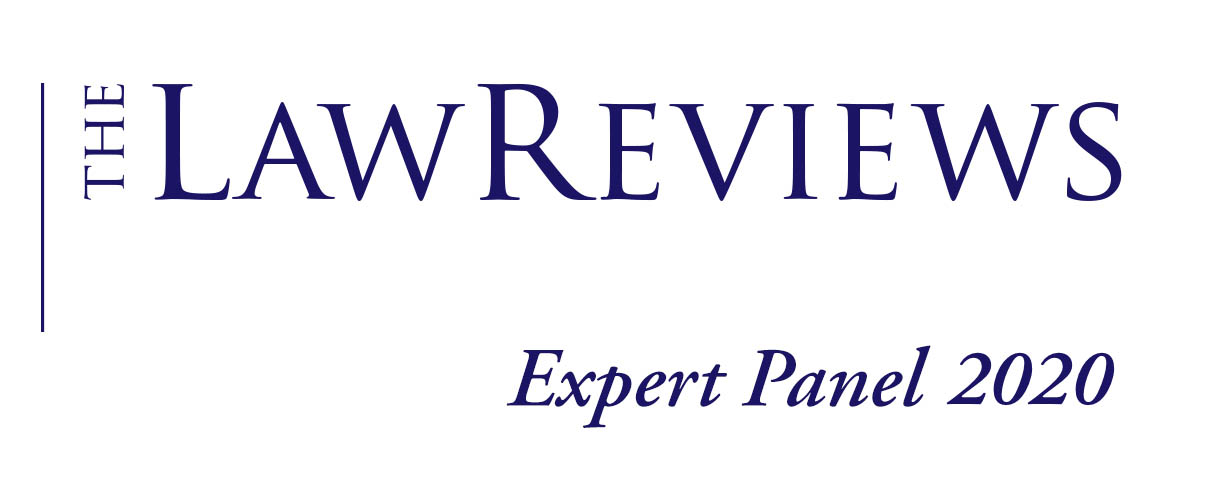\ THE 2020 EDITION OF THE LABOUR AND EMPLOYMENT DISPUTES REVIEW FOR 2020 HAS JUST BEEN RELEASED
A COMPREHENSIVE STUDY OF THE STATE OF FRENCH EMPLOYMENT AND LABOUR DISPUTES IN 2020
In France, as in many Western countries, the salaried employee, who is economically weak, is regarded as being legally favoured in any employment relationship. French labour law therefore decisively favours the employee rather than the employer. In the litigation area, examples abound of legislators showing such favour. Thus, in the event that a dismissal is challenged, the employee is given the benefit of the doubt. In other words, if the judge has not been able to decide in the light of the elements submitted by the parties and despite, if necessary, the initiation of investigative measures, the judge must consider the dismissal to be devoid of actual and serious cause and subsequently grant damages to the employee.
Similarly, when an employee alleges a prohibited discrimination, either in the termination or even the performance of the employment contract, the burden of proof is clearly reversed. The same applies to allegations of moral or sexual harassment. It is up to the employer to show that the decision he or she made was not influenced by a discriminatory ground. If the employer cannot prove this, the alleged discrimination will be upheld against him or her. This mechanism is particularly unfavourable towards companies since, as we shall see, damages paid for discrimination must be awarded in full, in all cases.
In France, however, it has always been considered that the determination of the standards that govern employment relationships should be left to the social partners. Labour law (and, more generally, social law) is therefore widely composed of rules that derive from collective agreements negotiated by employers’ groups on the one hand and employee unions on the other. In this context, the role of the state should be limited, through government action, to giving the social partners the impetus – and sometimes the injunction – to negotiate. In addition, the state should, through the action of the legislature, limit its role to determining the general principles that are binding in all cases, and that the social partners cannot exclude, while ensuring the effectiveness of collective agreements – again through appropriate legislation.
The authors :
Jean Gérard, Partner, Chassany Watrelot & Associés
Julien Boucaud-Maître, Partner, Chassany Watrelot & Associés
The book:
The Labour and Employment Disputes Review, 3rd edition, 2020


